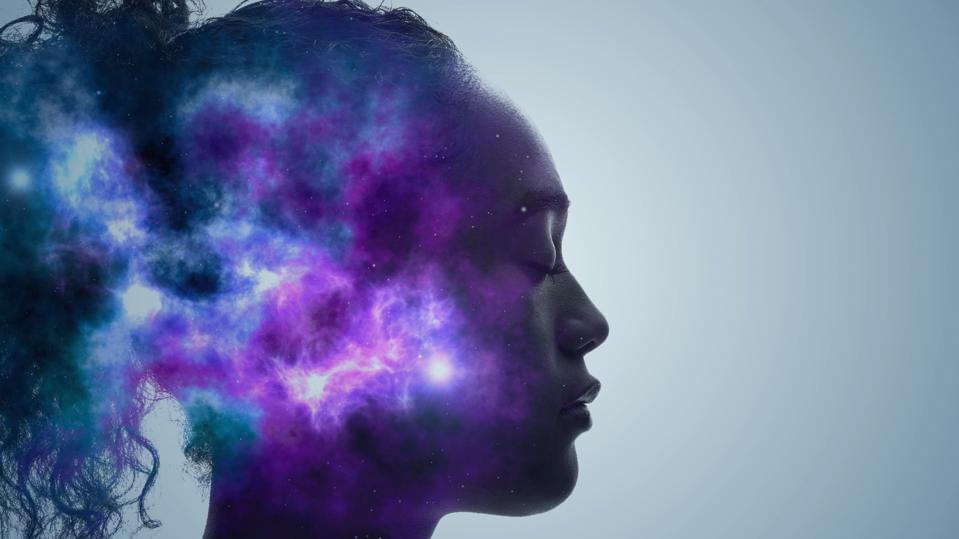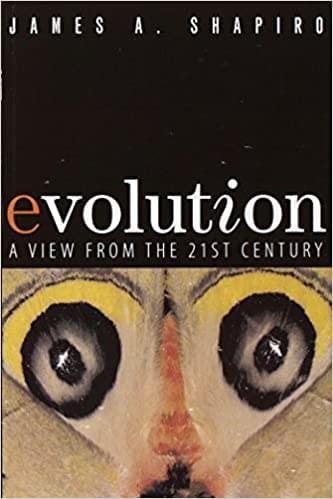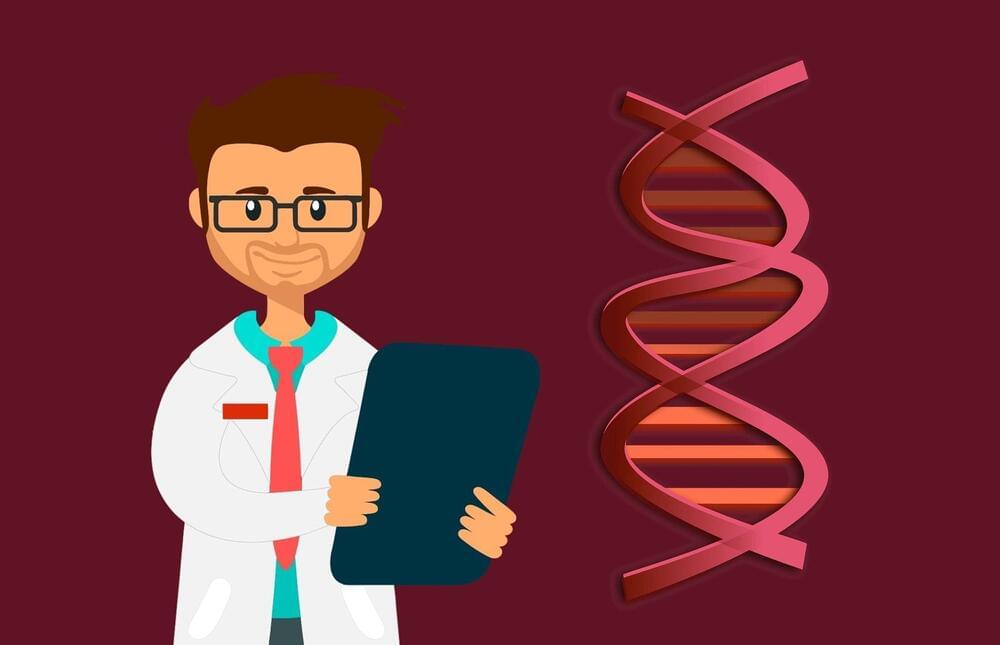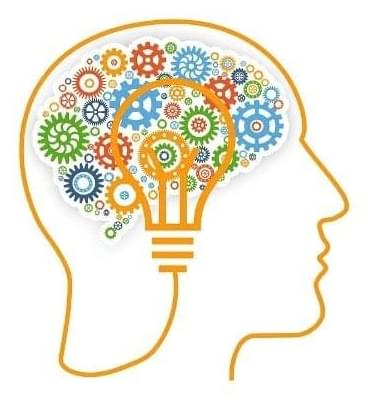Circa 2015 what if we didn’t need computers we only needed our minds upgraded? Quantum cognition talks about a theory of an upgraded mind.
What type of probability theory best describes the way humans make judgments under uncertainty and decisions under conflict? Although rational models of cognition have become prominent and have achieved much success, they adhere to the laws of classical probability theory despite the fact that human reasoning does not always conform to these laws. For this reason we have seen the recent emergence of models based on an alternative probabilistic framework drawn from quantum theory. These quantum models show promise in addressing cognitive phenomena that have proven recalcitrant to modeling by means of classical probability theory. This review compares and contrasts probabilistic models based on Bayesian or classical versus quantum principles, and highlights the advantages and disadvantages of each approach.






